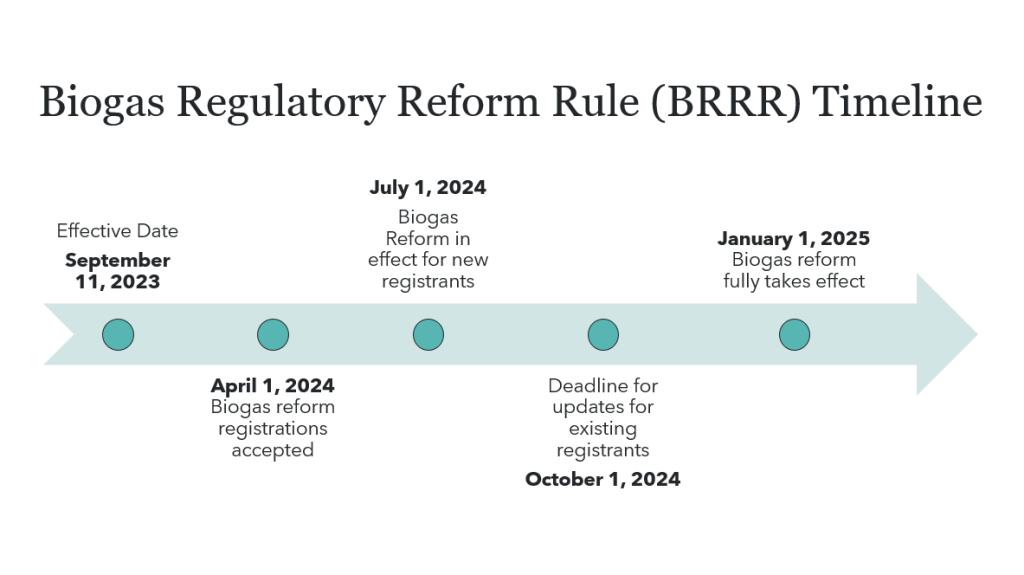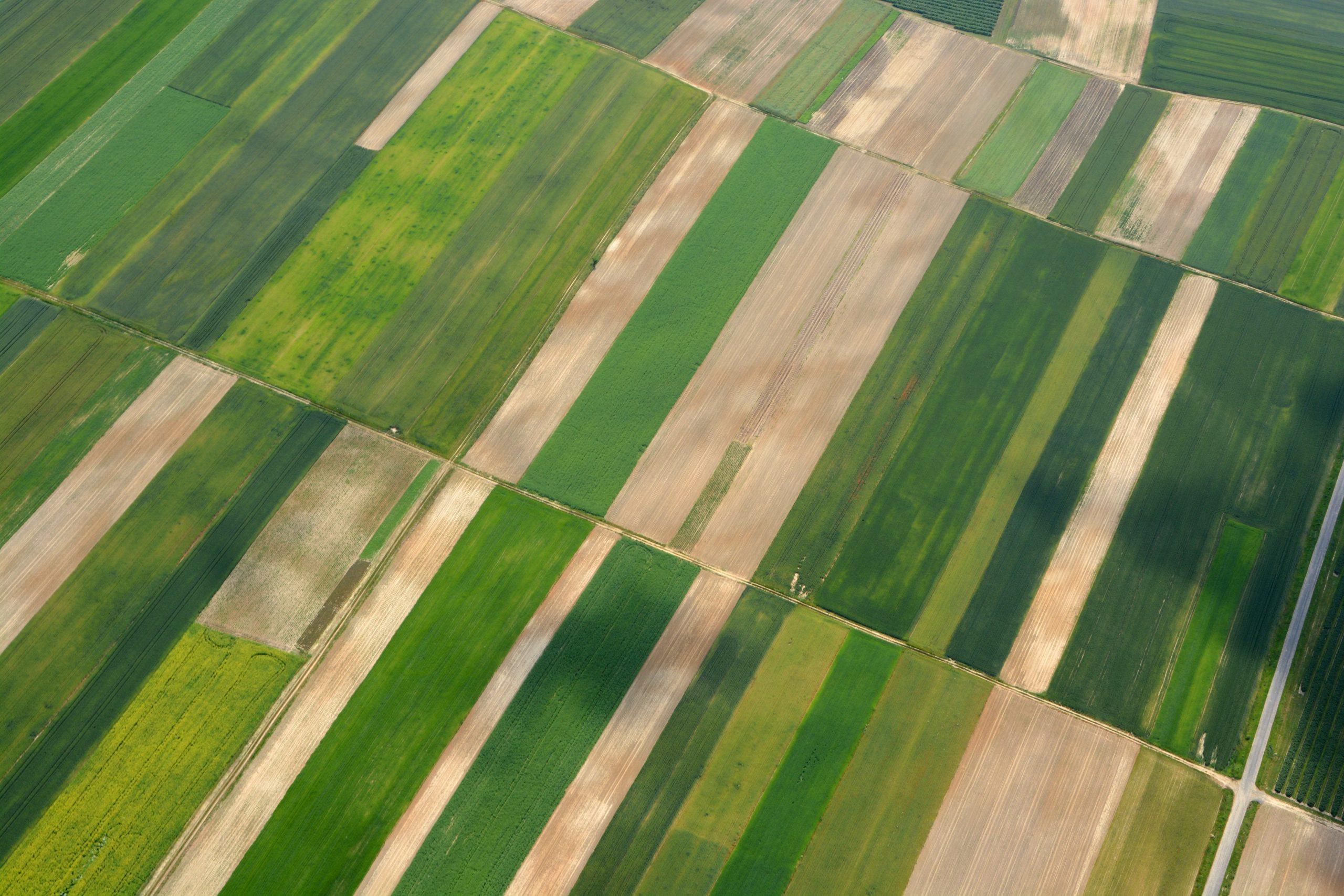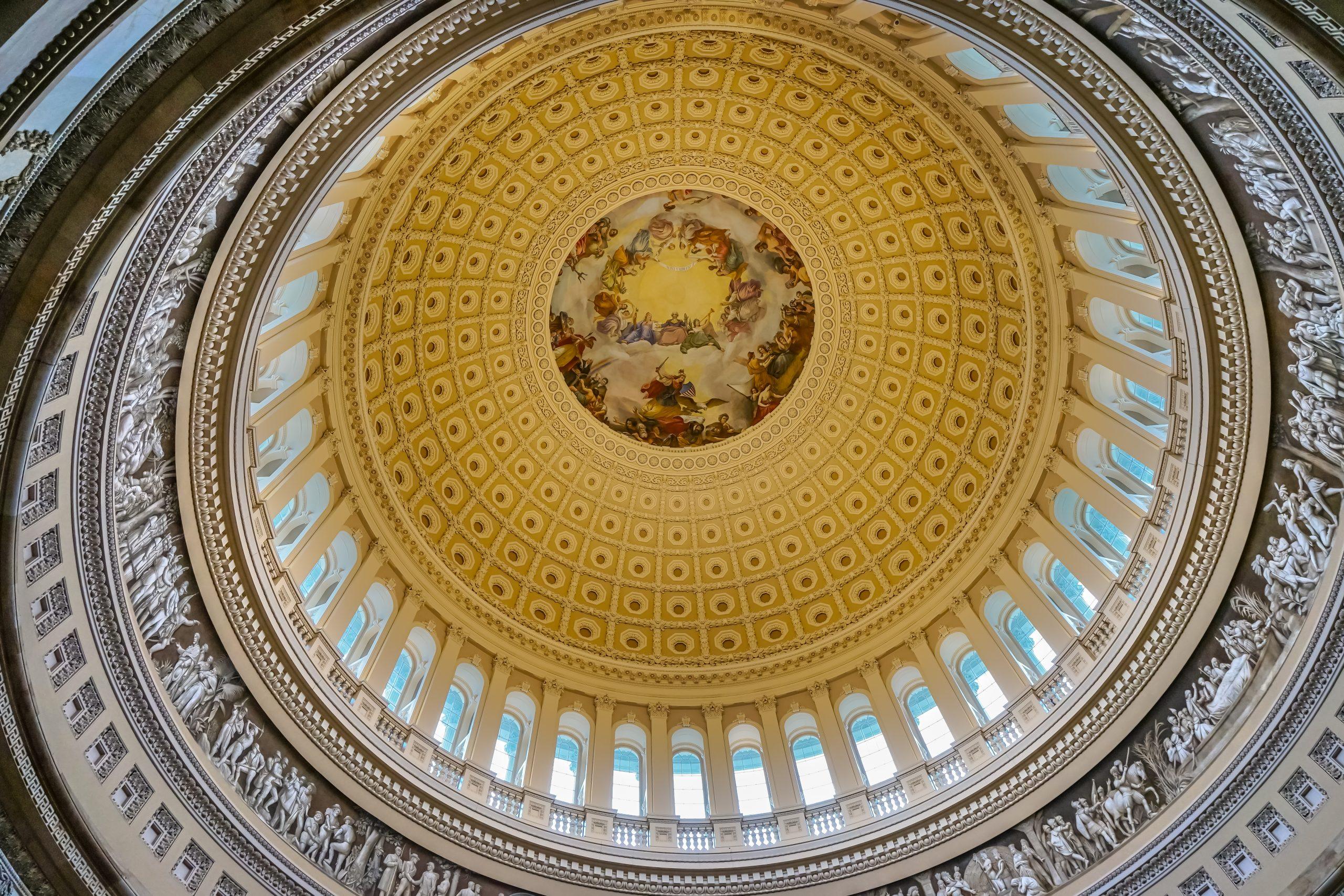Biogas Regulatory Reform Rule (BRRR)
Implications on Renewable Natural Gas (RNG)
Understanding the implementation of the Biogas Regulatory Reform Rule (BRRR) within the finalized Renewable Fuel Standard (RFS) Set Rule released in July continues to be the talk of the industry. With the significant changes, many entities are trying to understand the U.S. Environmental Protection Agency’s (USEPA) intent, seeking USEPA clarification, and trying to understand how these new rules impact their planned, in-construction, and operational renewable natural gas (RNG) assets. As the USEPA develops its guidance, we understand that the industry needs time to prepare for the new regulatory requirements effective on July 1, 2024, for new facilities, and January 1, 2025, for existing pathways.
READ MORE: Six Things Renewable Natural Gas Producers Need to Know About the Renewable Fuel Standard Set Rule
With that in mind, Eco is taking a multi-phased approach to BRRR implementation, including:
- Monthly meetings with the USEPA.
- In-person meeting with the USEPA held in late October.
- Internal working group that meets weekly.
- Proposed regular in-person meetings with the USEPA.
- Participation in RFS Set Rule and biogas reform discussions and committees in industry trade associations.
We understand the urgency needed to address outstanding questions and we will continue to work with the USEPA to get the clarity necessary to comply with the new rules.

Proactively Addressing the Outstanding Questions and Issues
Eco is drafting its implementation plan for the RFS Set Rule and the BRRR. We will present our proposal to the USEPA for approval in the following areas:
- Proposed metering/monitoring variance request process.
- Proposed approach to the RFS registration process changes and how to meet the requirements, consistent with the USEPA’s intent of the RFS Set Rule.
- Proposed schedule and process to get our Quality Assurance Program (QAP) protocols updated to meet the new RFS Set Rule, which will provide more compliance clarity to our QAP customers.
We expect to have these proposed process changes sent to the USEPA within the next few weeks and will encourage the USEPA to sign off on our approach so we can move to the implementation phase, and have a definitive process for addressing metering/monitoring, RFS registration, and QAP questions and issues.
READ MORE: Renewable Natural Gas and Asset Development Consulting
Eco is also working with equipment vendors to understand whether their equipment meets the formalities of the RFS Set Rule with the goal of producing a list of equipment and vendors that meet the regulation requirements.
Eco will provide monthly updates or webinars to update the industry on the progress made, learnings, timelines, and remaining issues/questions.
Eco is already working with several clients and can help you with:
- Understanding the regulation changes and how they impact planned or operational renewable natural gas (RNG) facilities.
- Metering and measurement reviews.
- RFS registration amendments and third-party engineering reviews for existing facilities.
- Compliance assistance.
- D3/D5 Renewable Identification Number (RIN) split analysis and methodologies.
Our team is ready to assist you with working through your questions and issues to successfully comply with the new regulations. If you haven’t already, the time to start is now and Eco can be your guide through this transition period. Please reach out to us with any questions or issues.
For more information about the implementation of the BRRR and/or the RFS Set Rule, please contact:

Brad Pleima, President | bpleima@ecoengineers.us




